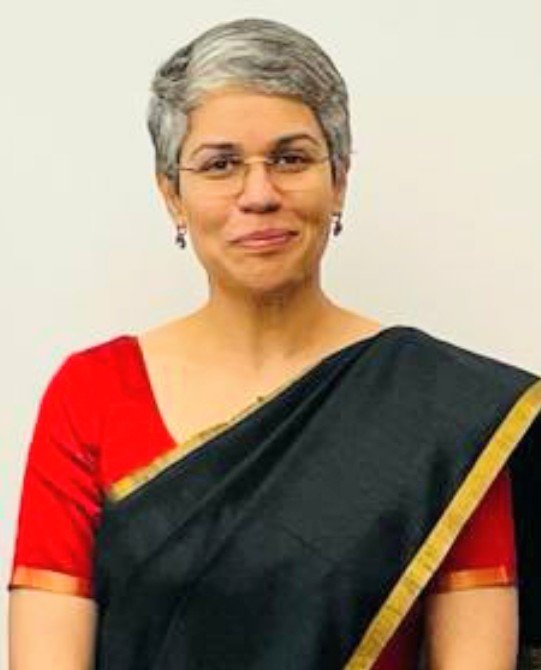NDDB “Logo” signifies safe and quality milk and milk Products from dairy co-operatives
NDDB “Logo” signifies safe and quality milk and milk Products from dairy co-operatives: Shri Radha Mohan Singh
NDDB’s Quality Mark will provide dairy cooperatives and producer institutions the much-needed brand identity and competitive edge: Shri Singh
The aim of Quality Mark “Logo” is to bring about process improvement in the entire value chain from producer to the consumer to ensure availability of quality milk and milk products: Shri Singh
Union Minister for Agriculture and Farmers Welfare Minister, Shri Radha Mohan Singh today launched National Dairy Development Board “NDDB’s” Quality Mark “Logo” at Krishi Bhawan, New Delhi. Shri Sudarshan Bhagat, Union Minister of State for Agriculture and Farmers Welfare; Shri Devendra Chaudhry, Secretary, DAHD&F and Shri Dilip Rath, Chairman, National Dairy Development Board were present on the occasion. The Agriculture Minister also presented certificates to 14 selected manufacturing units for adopting food safety and quality management systems and adhering to Quality Mark parameters.
Shri Singh said that NDDB Quality Mark “Logo” is being launched as an umbrella brand identity. This “Logo” signifies safe and quality milk and milk products from dairy cooperatives. This reinforces the consumers’ recognition that the Quality Mark is synonymous with good quality.
The Minister said that NDDB’s Quality Mark will provide dairy cooperatives and producer institutions the much-needed brand identity and a competitive edge. This will also contribute to building consumer confidence in dairy cooperative brands. The Agriculture Minister said that it is aimed at bringing about process improvement in the entire value chain from producer to the consumers to ensure availability of quality milk and milk products. This initiative does not propose any new/additional system for Food Safety and Quality Management but lays down the processes required for ensuring quality and safety.
Shri Singh further said that an eleven member Management Committee will oversee the activities of the Quality Mark. It has members from the DADF and Managing Directors of four Federations representing the regions. The Management Committee also has a representative of FSSAI and two experts in dairying. He said that interested Federations/Cooperative dairies/Educational institutions/Govt. dairy units may apply for the Quality Mark. Only dairy units that adopt food safety and quality management systems for milk and milk products and adhere to parameters given the guidelines of Quality Mark are eligible.
The Agriculture Minister said that award of Quality Mark shall be valid for three years subject to maintenance of quality, food safety standards and compliance with the terms and conditions of the agreement. He said that though the approval for award of Quality Mark shall be valid for three years, surveillance audit for checking compliance with the norms of the quality mark shall be held once every year.
Shri Singh informed that since the roll out of the initiative in January 2016, the NDDB has received 55 applications from the cooperatives across the country. Of these, 14 units have successfully cleared the two stage assessment process. The remaining 31 dairies were informed about the areas of improvement. They have been provided 6-9 months for implementing the corrective measures. The Agriculture Minister said that this initiative of NDDB will facilitate and strengthen the efforts of FSSAI. It will also create requisite awareness among various dairy units across the country for adopting the quality measures detailed the guideline document.
On the occasion, Shri Sudarshan Bhagat said that “Operational norms of participating dairy units will be monitored and validated. The assessment is a two-step process involving pre-assessment and a final assessment. The pre-assessment largely covers the village level procurement and processing infrastructure availability, training manpower and the retail sales. Only those units that score over 70% in the preliminary assessment are considered for final assessment which is done by a team of three experts of which one is an external expert. The final assessment is made for the evaluation of critical and major parameters that influence the quality of the processed milk and milk products.”





